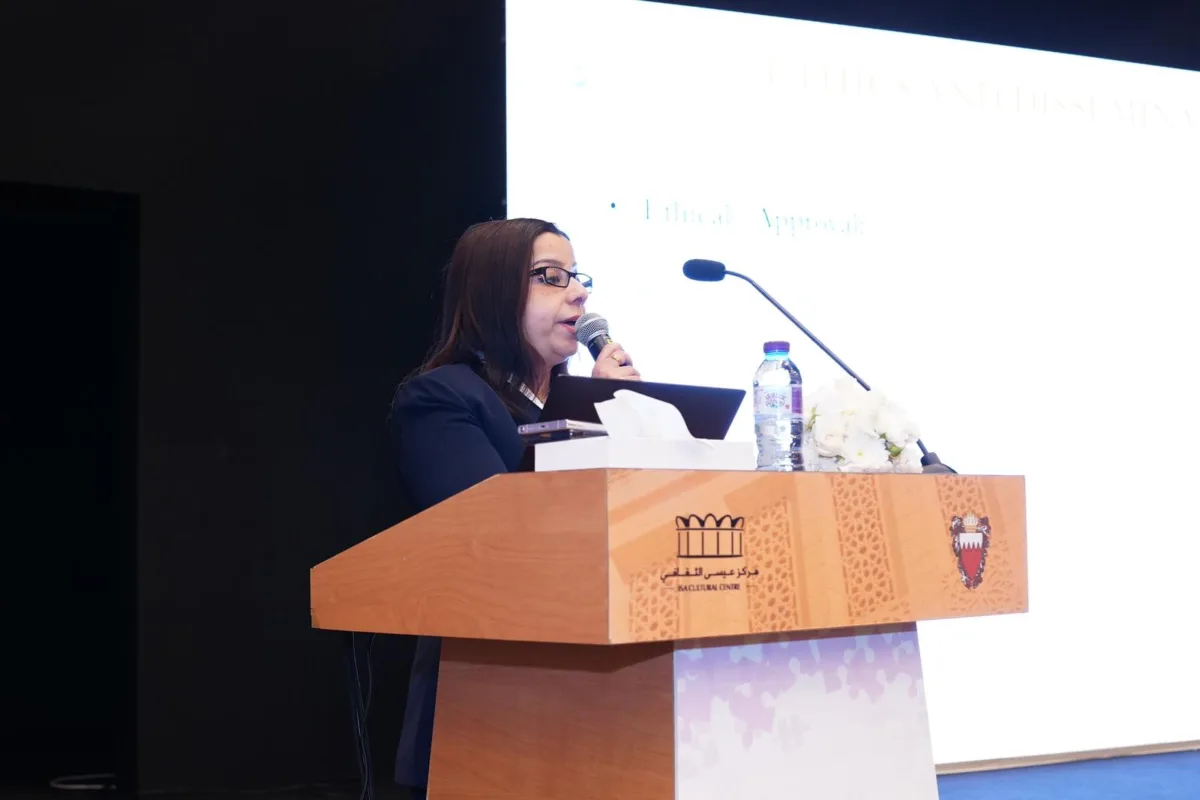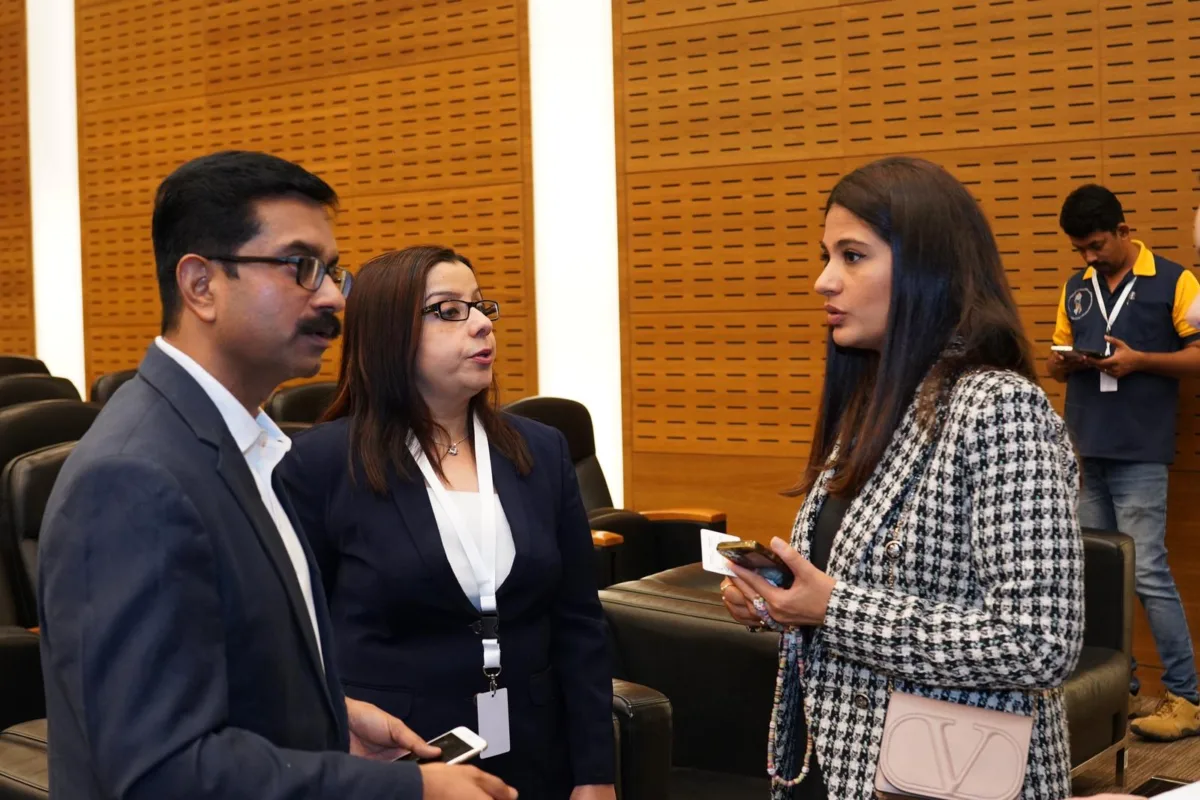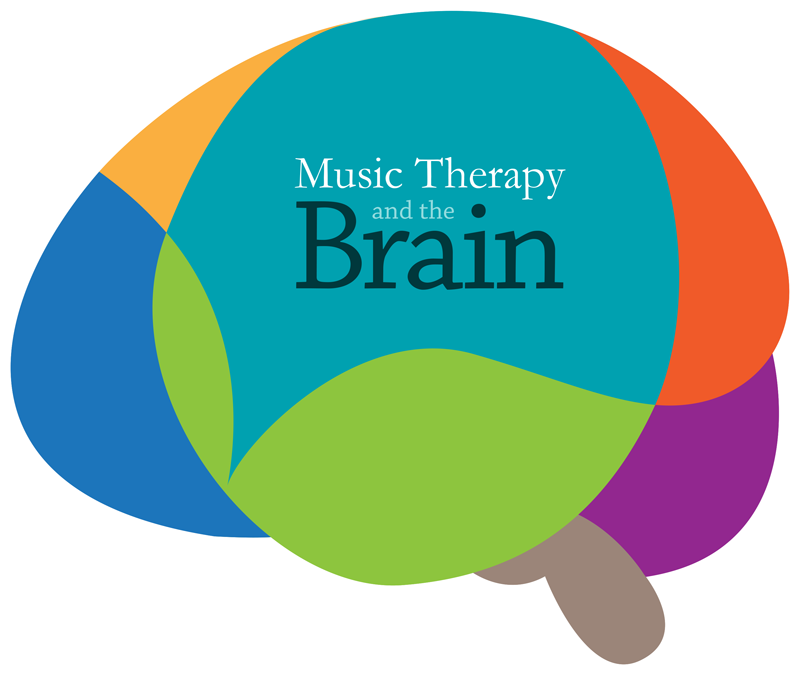Holistic Healing: Ayurveda’s Approach to Autism Care
Life, according to Ayurveda, is not merely the absence of disease but a harmonious balance of mind and body. In the words of author and editor Shubhra Krishan, “The great thing about Ayurveda is that its treatments always yield side benefits, not side effects.” Ayurveda, both a way of life and a system of medicine, holds the profound essence of “the knowledge of a healthy long life.” It transcends the conventional notion of medicine, emphasizing the ‘total way of life’ rather than a mere ‘system of medicine’ focused solely on curing diseases through drugs and rituals. Ayurveda intertwines seamlessly with the fabric of daily existence, focusing on providing solutions to problems rather than alienating or eliminating them. It beckons individuals to embrace a lifestyle that not only addresses ailments but fosters a state of enduring vitality. Given its holistic approach, Ayurveda becomes particularly relevant in the context of conditions like autism, offering a framework that goes beyond symptomatic relief to enhance overall well-being.
In this blog, we will delve into how Ayurveda approaches autism care, exploring its principles and practices that aim not just to manage symptoms but to enrich the lives of individuals and their families.
Autism Spectrum Disorder (ASD)
Imagine waking up one day to find that the familiar realm of expressing yourself through words has become elusive. Autism, or Autism Spectrum Disorder (ASD), embodies such a challenge, impacting not only one’s learning and behavior but also the very essence of communication. A somewhat rigid definition of autism involves communication deficits and repetitive behaviors that hinder the establishment of social bonds and relationships. Within this spectrum, the unique behaviors exhibited by individuals with autism unveil the immense complexity of the human brain. The pursuit of understanding the underlying causes of autism offers a window into the intricacies of our minds, spanning a diverse spectrum of cognitive functions. While autism was once predominantly associated with Western countries, the winds of change brought by modern lifestyles have expanded its reach. In India, for instance, the prevalence has risen, with 1 in every 100 children below the age of 10 being diagnosed with autism. This burgeoning “epidemic” underscores the urgent need for enhanced and tailored care to support individuals navigating the intricate landscape of autism in diverse cultural contexts.
Autism & Ayurveda
In Ayurveda, Autism is viewed as an imbalance in the doshas—fundamental energies governing our physical and mental functions. Ayurveda identifies three primary doshas: Vata, Pitta, and Kapha. An excess of Vata can lead to traits like anxiety and sensory sensitivities. Pitta imbalance is linked to aggression and digestive issues, while Kapha imbalance may result in lethargy and cognitive challenges. Understanding autism through Ayurveda involves recognizing and addressing these doshas imbalances to promote balance and overall well-being.
Ways of Ayurveda for Autism:
Ayurveda offers various approaches to help manage autism, focusing on diet, lifestyle adjustments, and specific treatments.
Diet and Nutrition:
Ayurveda highlights the importance of a balanced diet for individuals with autism. This includes avoiding processed foods, artificial additives, and excessive sugar, as they may worsen dosha imbalances. Instead, a diet rich in fresh fruits, vegetables, whole grains, and lean proteins can help bring harmony to the doshas. Using herbs and spices like turmeric, cumin, and fennel in meals supports digestion and reduces inflammation.
Lifestyle Adjustments:
Having a regular daily routine is like having a reliable guide, especially for those with Autism who often face distractions. Prioritizing and sticking to a simple, structured routine helps manage this common challenge. It brings a sense of security and makes daily activities smoother. Plus, making sure to get enough rest and good sleep is like giving your body and mind a superpower boost, keeping everything in balance and feeling good overall.
Herbal Medicines:
In Ayurveda, herbs take center stage to boost health and overall well-being. Specifically for autism, these herbal wonders are thought to aid digestion, calm inflammation, and enhance cognitive function. Meet some Ayurvedic superheroes for autism: Brahmi, Ashwagandha, Shankhapushpa, and Jatamansi. These herbs are like nature’s assistants, playing a role in supporting individuals on their journey to balance and wellness.
Various Ayurvedic treatment procedures such as Udwarthanam, Thakradhara, Nasya, and Thalapothichil act as good sensory diets, helping to resolve sensory issues and improve brain metabolism.
In conclusion, Ayurveda offers a holistic and personalized approach to autism care, emphasizing balance in mind and body. Jeevaniyam presents a comprehensive approach to addressing Autism by combining contemporary therapeutic features with the holistic benefits of Ayurveda. Emphasizing a well-rounded strategy, Jeevaniyam aims to address daily challenges associated with Autism through an integrated approach, seeking concrete and effective solutions for individuals on the spectrum.













